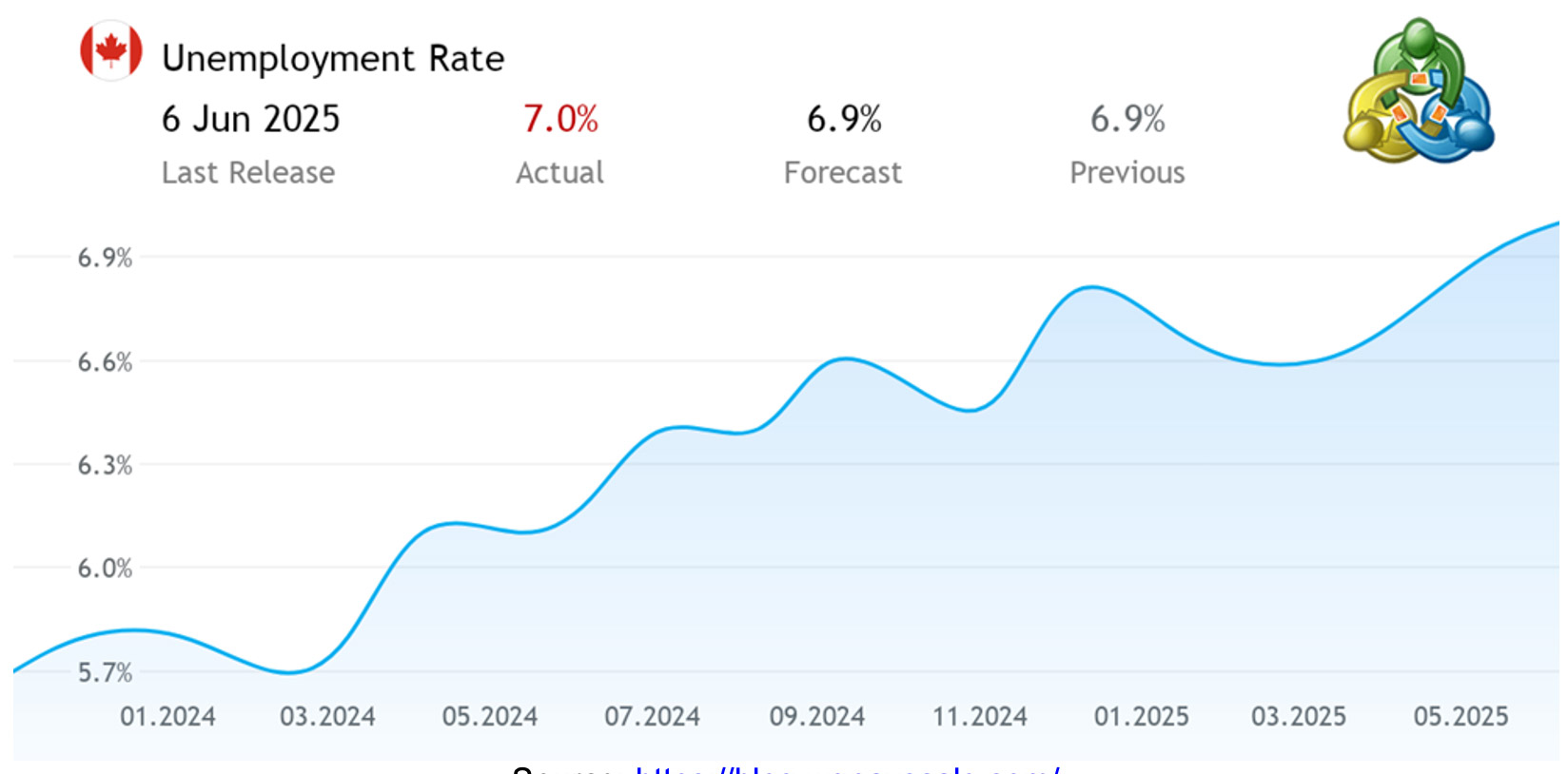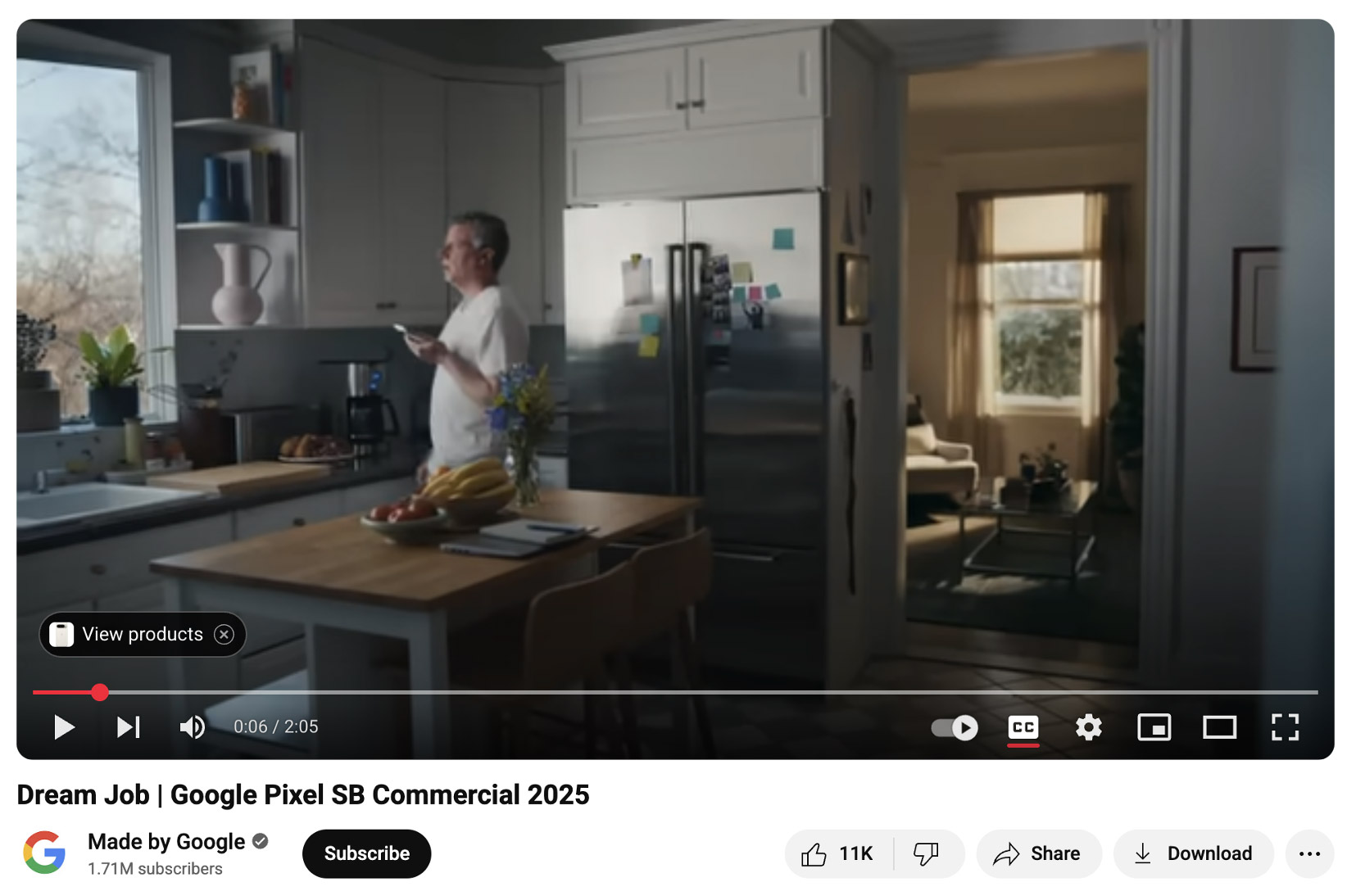Tackling career uncertainty in today’s marketing landscape
Reflections and actionable advice from the CMA Media Council
In an industry as dynamic as marketing, career transitions—whether chosen or not—have become a common chapter in many professionals’ journeys. At a recent Canadian Marketing Association Media Council meeting, the conversation turned to the reality of career uncertainty, and the group shared raw, practical and inspiring insights for navigating those moments with strength and strategy.
Your personal brand is non-negotiable
As one Council member put it, “Don’t give it up for anyone or anything.” In today’s world, your personal brand is your greatest asset. Steve shared his own story, candidly referencing the day he was let go in February 2013—an act of ownership and authenticity that stood out as a powerful reminder that your story is yours to tell. With all the recent layoffs, Steve was compelled to create and share an engaging LinkedIn post to help people understand they are not alone.
A central theme was the critical need to continuously build and maintain your personal brand, especially while employed. Developing it involves activities like industry engagement, event participation, knowledge sharing and thought leadership on platforms like LinkedIn, which demonstrates depth beyond a resume.
It’s also important to be open about your employment status. No matter what happens, ensure your online and offline presence reflects the values, expertise and ambitions that define you. Use platforms like LinkedIn to keep your personal brand front and centre. Consider activating the “Open to Work” feature—publicly or privately—to let recruiters know you’re available. While it can be daunting to post that you are "open to work," it is an effective way to let your network know you are available, as people cannot read your mind.
Layoffs are common. You are not alone.
The experience of being laid off is often deeply personal and can shake an individual's sense of identity, as their job title is frequently tied to who they are. In this economic climate, job transitions are a common part of a career in marketing, where as many as 50 per cent of professionals in the field may go through it. While it is a business decision, the feeling of it being personal is a shared experience. It is crucial to take time to reflect after a layoff rather than immediately jumping back into job hunting. There can be a stigma associated with job loss, but as it becomes more common, there is a growing sense of empathy and understanding within the industry. Holding onto bitterness and anger is ultimately self-destructive; the advice given was to let go of the negativity and move forward, as the company has already moved on.
The numbers speak for themselves. These aren’t just statistics; they represent people—talented, experienced individuals who are now more open than ever to sharing their journeys. As Pooja emphasized, “It’s not personal.” There’s comfort in numbers, but also opportunity.

Source: https://blog.wgpayscale.com/
Tip: Take time to reflect, then build a game plan before rushing into your next move.
Network like a pro: The art of a coffee chat
Networking isn’t just about getting a job—it’s about building relationships. The Council shared actionable guidance on how to make your coffee chats count:
- Be clear about your goals and the intent of the meeting: Whether it’s exploring roles or learning about a company, articulate what you’re hoping to gain.
- Do your research: Look up the person, the company and available roles. Don’t make your contact do the heavy lifting. Invest in yourself and do the work to ensure the time is valuable.
- Bring a loose agenda, set the stage early on and use the time wisely: Use the first few minutes to align on the purpose of the meeting. If you have crucial questions, don’t save them until the very end of the meeting. You can get to deeper resonance by asking the right questions and being okay with not having the “right” answers.
- Balance the conversation: Aim for a 50/50 talk time split.
- Ask, “What can I do for you?”: Show that networking is a two-way street where both parties can benefit.
- Keep the tone positive: Be mindful of what you share and how you share it.
- Follow up: Send a thank you email, or better yet, a handwritten note. Include any actions or referrals discussed.
- Requesting a referral or LinkedIn post?: Write it for them. Make it easy to say yes.
Remember: Be curious, play the long game. One coffee rarely leads to a job. Instead, it opens a door to a pipeline of possibilities.
You 2.0: Upskilling and continuous learning
Constantly look for areas of improvement.
“Learning never exhausts the mind.” – Leonardo da Vinci
- Periods of unemployment can be an opportunity to upskill by taking courses through organizations like the CMA or obtaining certifications from Google.
- Many resources for learning, including free courses and videos on resume building, are available through vendors and on platforms like LinkedIn.
- If a severance package is offered, it often includes educational funding, or you may be able to ask for this funding, which should be fully utilized.
- While certificates are valuable, they are often secondary to personal referrals and demonstrated thought leadership in securing a new role.
Take care of yourself—mentally and professionally
Build an accountability circle—a group of peers or mentors to keep you grounded, supported and focused.
Don’t overlook severance support: career coaching, resume help, access to courses, and other professional tools can be game changers.
If you still have health or professional benefits, use them to the fullest.

Source: https://www.youtube.com/watch?v=-7e6g11BJc0
Sponsorship and strategic moves
Not to be confused with mentorship, sponsorship means having advocates who speak positively on your behalf when you’re not in the room. Cultivate your sponsor circle. These allies can help you explore internal roles or lateral opportunities before you look externally.
For new graduates: Build your brand early
Establishing a personal brand isn’t just for experienced professionals. New graduates should focus on showing up consistently—online and offline—as someone who is curious, capable and ready to learn. Be aware that there is a concerning trend of new graduates being unwilling to work in an office environment. Hiring managers do emphasize the importance of in-person work for new professionals to learn, collaborate and build crucial internal networks that are difficult to foster remotely. Working in the office provides visibility and opportunities for connection with leadership and colleagues in other departments, which can be invaluable for career growth and internal mobility.
Here are some helpful suggestions:
- Get out and talk to people: Attend events and information sessions
- Be intentional with how you introduce yourself
- Start creating a digital presence that reflects your goals
- Prepare your elevator pitch
- Build a broad, diverse personal network
Don’t judge a job posting by its cover
In today’s job market, it’s tempting to treat every LinkedIn or careers website posting as a golden opportunity. However, know that not every role may be up for grabs.
Sometimes, postings are exploratory, used to gauge talent availability or meet internal posting requirements, even when a preferred candidate is already lined up. Other times, the role’s scope is evolving or paused altogether.
So, what should you do? Look at it as a learning experience! Use the posting as a mirror—reflect on what excites you, where your experience stacks up, and what value you could bring to that opportunity. Then, go beyond the listing. Tap into your network or second-degree connections for a candid view of the company and role. You’ll often learn more from a ten-minute conversation than from the job description itself. Do you feel even partially aligned? Don’t hesitate to ask for a referral.
Let others see your initiative and try to get yourself in front of the right audience.
Final thoughts: Embrace the human experience
In marketing, as in life, there are highs and lows. It’s easy to let setbacks shape your narrative—but you get to choose how the story is told.
“Figure out a positive perspective of how you want to work.” – Wisdom from the room
Let’s normalize the ups and downs of career journeys and support each other through them—with honesty, empathy and a strong cup of coffee.
Contributors: Hilary Borndahl, Trevor Cresswell, Allie Diep, Fiona Karl, Andrew Krausz, Hiran Krishnalingam, Pooja Lal, Jennifer Lewis, Steve Muscat, Rita Steinberg, Arden Tucker



































